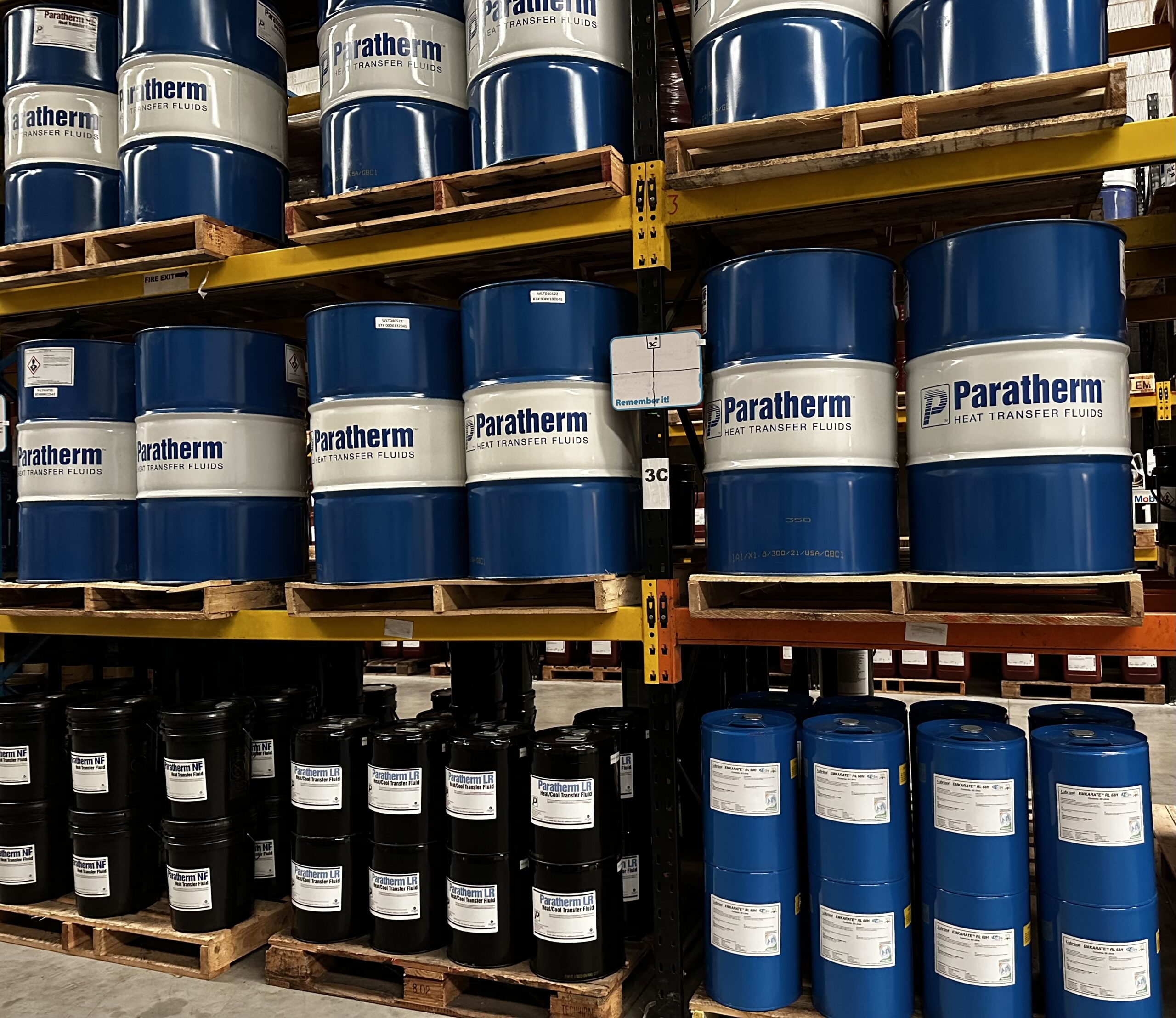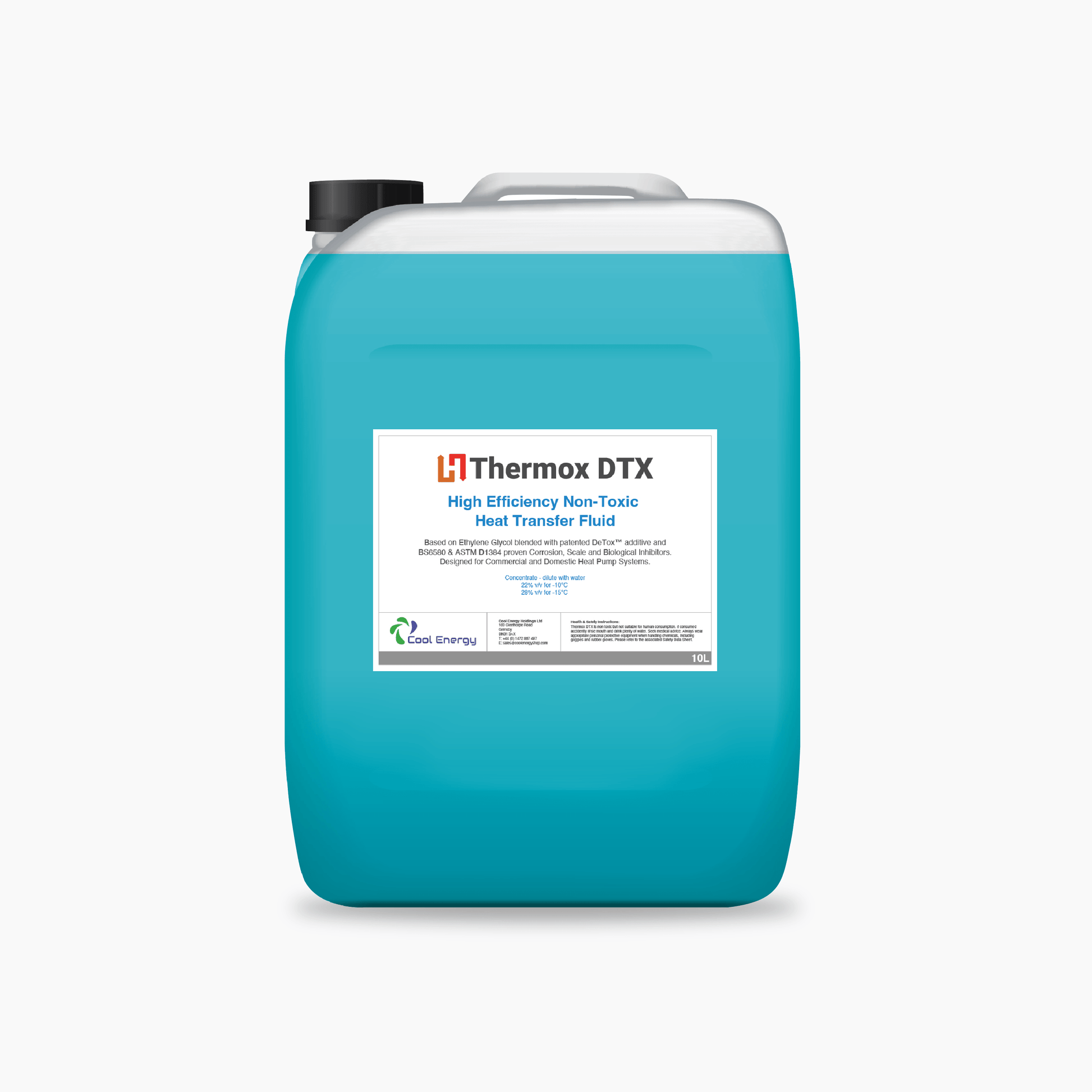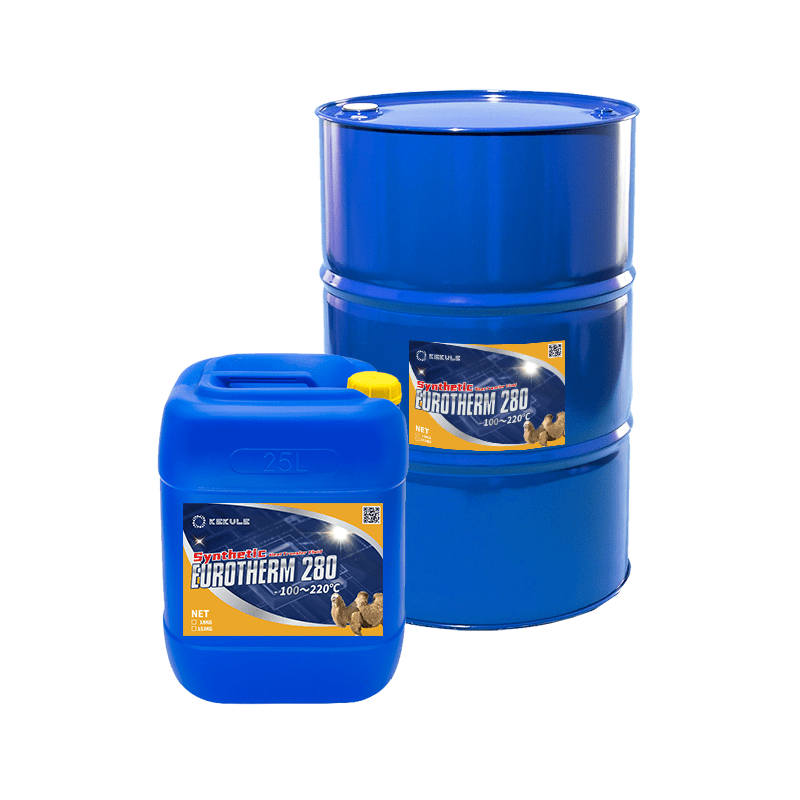Understanding the Uses of Warm Transfer Fluid in Industrial Applications
In the vibrant landscape of industrial applications, warm transfer fluids (HTFs) are indispensable for keeping specific thermal guideline, crucial to optimizing functional performance and item top quality. From the intricacies of chemical handling to the robust needs of power generation, HTFs are central to making sure secure and efficient heat exchange.
Function in Chemical Handling
In chemical handling, heat transfer fluids play an essential function in preserving accurate temperature level control, which is necessary for maximizing reaction prices and guaranteeing item quality - heat transfer fluid. These liquids are essential in promoting efficient warmth exchange between procedure tools, thus making it possible for the law of thermal problems within activators, distillation columns, and other essential apparatus. Their capability to keep stability under differing thermal lots and environmental conditions makes them vital in chemical production
The option of a suitable warm transfer liquid is identified by variables such as thermal conductivity, details heat capability, thickness, and chemical compatibility with the process products. High-performance fluids enable quick heating & cooling, boosting the efficiency of endothermic and exothermic reactions. In addition, their thermal stability lessens the danger of degradation or contamination, which can lead to devices fouling and minimized process performance.
In addition to temperature regulation, these liquids add to safety by protecting against overheating and decreasing the potential for thermal runaway responses. By supplying consistent thermal management, heat transfer liquids improve process dependability and can lead to substantial power cost savings. As chemical procedures end up being increasingly complicated, the importance of choose and maintaining optimal warm transfer fluids can not be overemphasized.

Power Generation Applications
Relocating from chemical handling to power generation, warm transfer fluids presume an important duty in the production of energy. In power generation applications, these liquids are critical in maintaining optimal thermal efficiency and making sure the reliable procedure of power plants. Various sorts of power generation facilities, including fossil fuel-based plants and concentrated solar energy (CSP) systems, rely heavily on warmth transfer fluids for efficient energy conversion.
In fossil fuel power plants, warmth transfer fluids are utilized to move heat from burning gases to water in central heating boilers, producing heavy steam that drives generators. This process needs liquids with high thermal stability and superb heat transfer homes to stand up to severe temperature levels and pressures. Likewise, in CSP plants, warmth transfer liquids distribute through solar collectors, soaking up solar power and moving it to a central receiver where it is utilized to produce vapor. The vapor after that powers generators to generate electricity.
The option of warmth transfer liquid in these applications is crucial, as it affects the plant's efficiency, security, and environmental impact. Synthetic oils, molten salts, and various other specialized fluids are commonly utilized, selected based upon their thermal security, warm ability, and compatibility with system materials.
Influence on Food and Beverage Industry

In addition to enhancing item quality, heat transfer fluids add to functional efficiency by reducing energy usage and decreasing procedure times. Their thermal security and high warm capacity enable fast heating and cooling cycles, bring about boosted throughput and cost-effectiveness. Moreover, the use of food-grade warmth transfer fluids, which abide with stringent safety and security requirements, ensures that there is no risk of contamination, thereby protecting public health.
The flexibility of warm transfer liquids allows their application across a large range of food and beverage procedures, from dairy and confectionery to brewing and bottling. By enhancing temperature control, these liquids play an indispensable function in fulfilling the progressing needs of the food and drink sector while maintaining high requirements of top quality and safety and security.
Significance in Manufacturing

An essential facet of manufacturing processes across Check Out Your URL various sectors is the reliable administration of temperature level, which is where heat transfer fluids show their relevance. These fluids play an important function in preserving ideal temperatures for diverse procedures, ensuring product quality, security, and energy performance. In markets such as chemical processing, drugs, and plastics, precise temperature level control is essential for reactions, curing, and molding processes. Warmth transfer fluids facilitate these controlled environments by soaking up, moving, and releasing warm as necessary.
In manufacturing setups, warmth transfer liquids contribute substantially to functional performance and cost-effectiveness. By decreasing temperature level fluctuations, they assist reduce power consumption, therefore decreasing operational costs and improving sustainability. They improve the lifespan of tools by preventing getting too hot and thermal stress and anxiety, which can lead to pricey downtime and repair try this web-site work.
Additionally, the convenience of warm transfer liquids permits them to be customized for details applications, suiting a large range of temperatures and environmental problems. This adaptability makes certain constant performance, even in one of the most demanding industrial setups. Eventually, the calculated use warmth transfer liquids encourages makers to maximize their processes, enhance product quality, and maintain a competitive edge in an ever-evolving market.
Advancements in Warm Transfer Modern Technology
With innovations in warm transfer modern technology, sectors are experiencing transformative enhancements in temperature level monitoring systems. This evolution is driven by the advancement of more efficient warm transfer fluids (HTFs) and cutting-edge system layouts. Modern HTFs, such as nano-fluids, exhibit enhanced thermal conductivity and security, which dramatically boost warmth exchange processes. These liquids are engineered to hold up against extreme temperatures while preserving low thickness, decreasing energy usage and operational prices.
Additionally, the combination of wise innovation and electronic surveillance systems has reinvented heat management. Advanced sensing units and IoT tools offer real-time information analytics, making it possible for precise control and optimization of warm transfer processes. This results in boosted security, minimized downtime, and expanded devices life-span.
Furthermore, the arrival of magnetic and phase-change products in warm transfer applications marks a substantial jump onward. heat transfer fluid. Magnetic fluids, for instance, offer quick warm dissipation through magnetic area adjustment, while phase-change products effectively save and release thermal energy during phase transitions
These technical strides are not just boosting efficiency in traditional markets such as chemical handling and power generation however are also fostering advancement in arising areas like sustainable energy systems and digital air conditioning, leading the way for sustainable industrial procedures.

Final Thought
Heat transfer liquids are indispensable to industrial applications, websites supplying precise temperature level control and boosting operational performance. In chemical handling, they make sure ideal reactor conditions, while in power generation, they add to reliable power use. The food and beverage market benefits from consistent temperature administration, vital for product quality. Across numerous making markets, HTFs promote power preservation and safety and security compliance. Breakthroughs in heat transfer modern technology proceed to optimize these features, highlighting the essential function of HTFs in commercial processes.